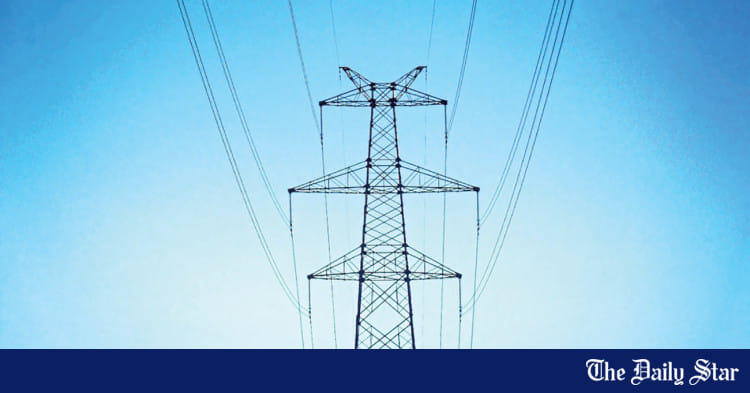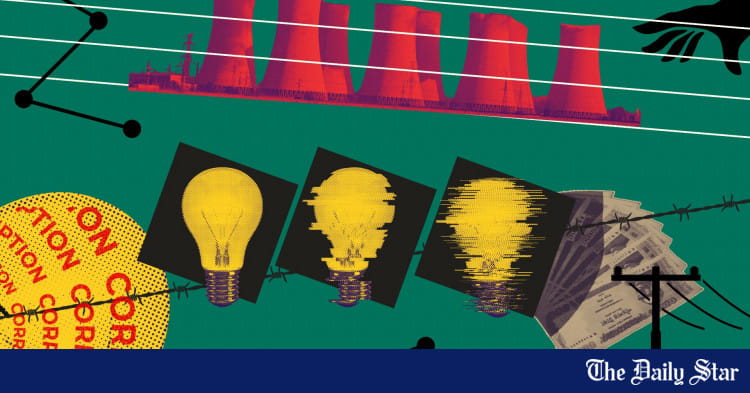- Copy to clipboard
- Thread starter
- #181
Saif
Senior Member
- Joined
- Jan 24, 2024
- Messages
- 15,397
- Reaction score
- 7,865
- Points
- 209
- Nation

- Residence

- Axis Group


Govt trying to solve power cuts within 2-3 weeks: Rizwana
The interim government is trying to solve the power outage problem within the next two-three weeks, Adviser for Environment and also Water Resources Syeda Rizwana Hasan said yesterday
Govt trying to solve power cuts within 2-3 weeks: Rizwana

File photo
The interim government is trying to solve the power outage problem within the next two-three weeks, Adviser for Environment and also Water Resources Syeda Rizwana Hasan said yesterday.
She said the load-shedding issue was discussed in the advisory council meeting held with Chief Adviser Prof Muhammad Yunus in the chair at his office.
"We'll try to reach a solution to this problem within two-three weeks," Rizwana said while replying to a question at a press briefing at the Foreign Service Academy after the meeting.
Election to be held after necessary reforms
The environment adviser said there were two main aspirations behind the mass uprising -- one, to end rampant discrimination, and the other, much-needed reforms.
Referring to the formation of six commissions to reform six key sectors, Rizwana said, "We initially expect that the commissions would place their reports within three months."
She said the implementation of the recommendations to be placed by the six commissions would depend on whether the government can build a political consensus on these. "We'll go for dialogue at one stage."
"We're thinking about elections after taking specific commitments on reforms or bringing specific amendments in some cases by reaching a political consensus through dialogues," she said.
Rizwana said the political parties have already made it clear that they would go for election after reforms.
File photo
The interim government is trying to solve the power outage problem within the next two-three weeks, Adviser for Environment and also Water Resources Syeda Rizwana Hasan said yesterday.
She said the load-shedding issue was discussed in the advisory council meeting held with Chief Adviser Prof Muhammad Yunus in the chair at his office.
"We'll try to reach a solution to this problem within two-three weeks," Rizwana said while replying to a question at a press briefing at the Foreign Service Academy after the meeting.
Election to be held after necessary reforms
The environment adviser said there were two main aspirations behind the mass uprising -- one, to end rampant discrimination, and the other, much-needed reforms.
Referring to the formation of six commissions to reform six key sectors, Rizwana said, "We initially expect that the commissions would place their reports within three months."
She said the implementation of the recommendations to be placed by the six commissions would depend on whether the government can build a political consensus on these. "We'll go for dialogue at one stage."
"We're thinking about elections after taking specific commitments on reforms or bringing specific amendments in some cases by reaching a political consensus through dialogues," she said.
Rizwana said the political parties have already made it clear that they would go for election after reforms.


















